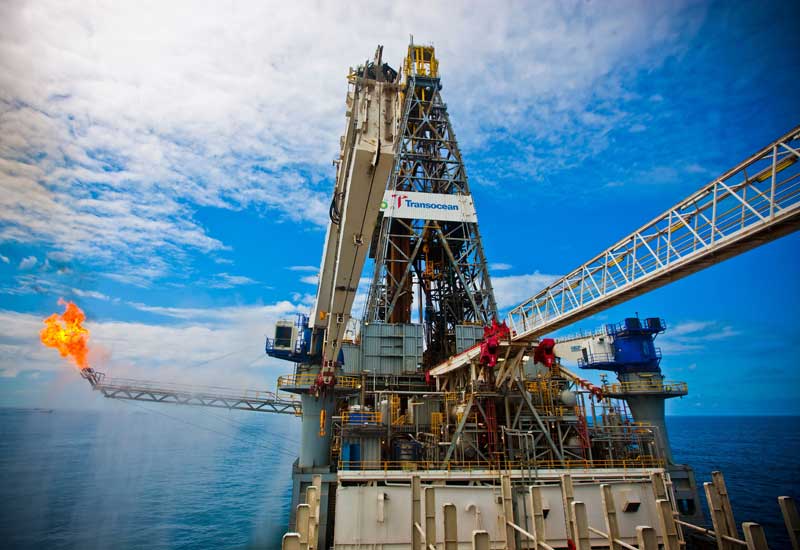BP has posted forecast-beating profits for the last quarter of 2011, prompting the supermajor to boost its dividend by 14%.
BP group chief executive Bob Dudley today said that returning operational momentum and strong cash flow generation in 2011 gave the company increasing confidence in its plans to grow value for shareholders. The results bear out his claim on announcing BP’s third quarter results that the company had reached “a turning-point,” after which investors could expected improved performance. Echoing Shell’s CEO Peter Voser, dudley aims to boost BP’s cashflow by 50% by 2014.
Dudley has been under conflicting pressures as CEO, to deliver dividends approaching the levels seen before the Deepwater Horizon disaster, develop new upstream opportunities, shore up safety, and divest assets to provide for future liabilities ahead of impending litigation.
BP’s trial, set to be the most complex in the industry’s history, is due to begin on 27 February. Dudley says the company is prepared to settle on reasonable terms, but if these can’t be struck BP is “preparing vigorously for trial.”
The company is bullish on its prospects of returning in force to the Gulf of Mexico, and intends to have 8 rigs drilling there before the end of the year. BP’s US production has fallen precipitously since the Deepwater Horizon disaster, leading analysts to conclude the firm would abandon US production in favour of high margin deep water Arctic and Caspian projects.
BP’s replacement cost profit, on an underlying basis, adjusting for non-operational items and fair value accounting effects, was $5.0 billion for the fourth quarter, compared to $4.4 billion a year earlier. For the full year underlying replacement cost profit was $21.7 billion compared to $20.5 billion for 2010.
Operating cash flow in 2011 was $22.2 billion, in a $111 oil price environment, up 63 per cent on the total for 2010. At the end of 2011 BP’s net debt stood at $29.0 billion, representing a gearing level of 20.5 per cent.
Dudley said he expects organic capital spending will grow to some $22 billion in 2012, up from 2011’s $19 billion. He anticipates investment of $16–17 billion in the upstream as BP invests in its pipeline of major projects and increases its exploration spend. Around $4.5 billion is expected to be invested in BP’s downstream businesses, slightly higher than 2011 as activity levels at the Whiting refinery upgrade ramp up.
During 2010 and 2011 BP received $19.7 billion in receipts from completed divestments and has agreements in place but not yet completed for a further $1.8 billion. As it continues to actively manage its worldwide portfolio of business, focusing the company around a distinctive, high-quality upstream portfolio and a world-class set of downstream businesses, BP plans to continue this divestment programme to $38 billion by the end of 2013.
In 2011, oil and gas production rose over 5% or 170,000 barrels of oil equivalent a day from 3rd to the 4th quarter following Oct. Dudley said he expects underlying production in 2012 to be broadly flat, excluding Russian joint venture TNK-BP.
BP’s refining and marketing segment reported a record underlying pre-tax profit of $6 billion in 2011 and is on track to deliver by 2012 an annual improvement of over $2 billion in underlying performance relative to 2009.




